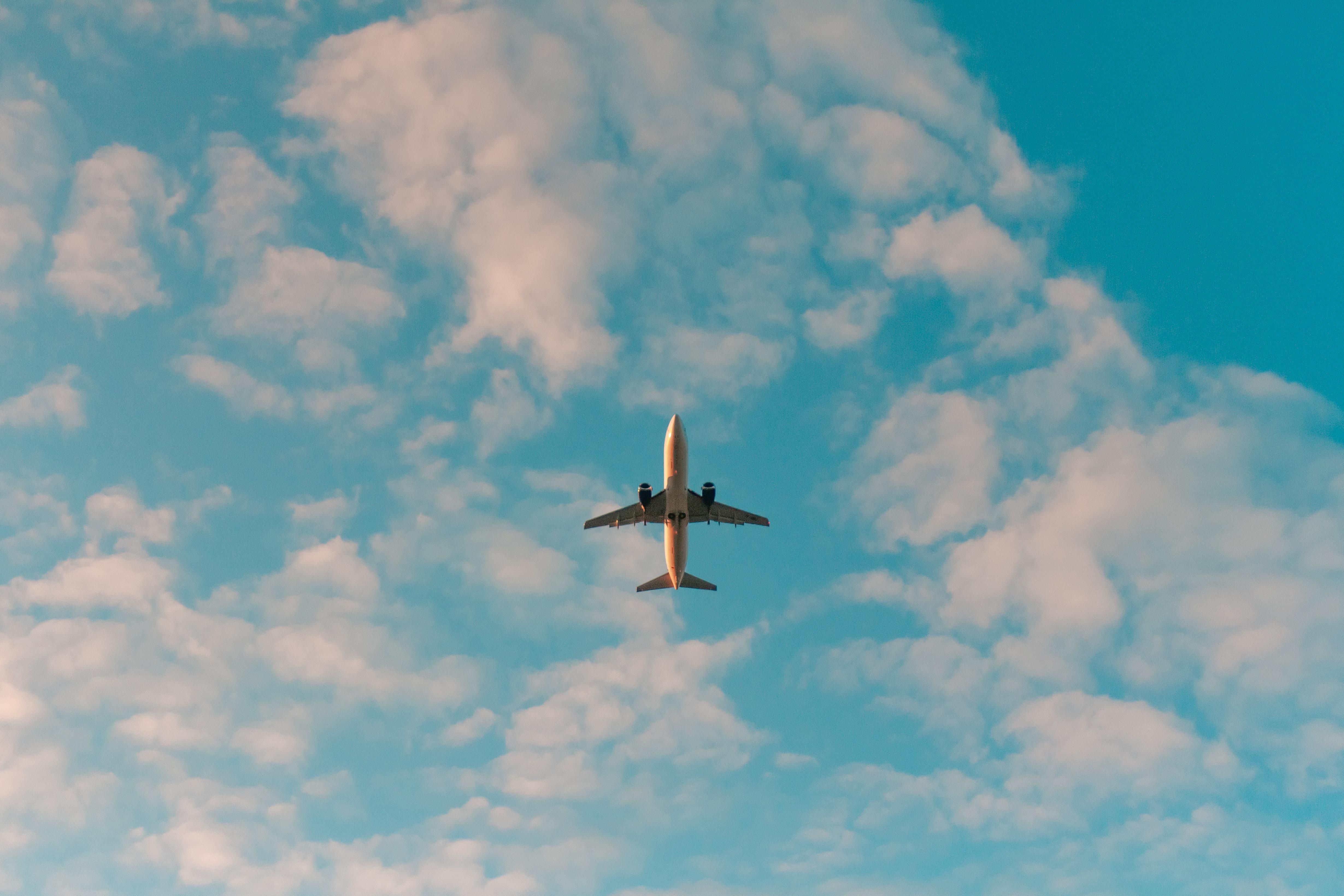Do you have stress flying? Here are ways to help reduce the feeling
In the midst of the summertime, family trips are becoming more common, which means more flying.
With the availability of the Covid-19 vaccination, more individuals are relying on air travel to go long distances in a short amount of time.
And being in an airport can be stressful, especially if one of the steps in the procedure is delayed and the state of the world.
Growing up, I was also a bit afraid to fly because the concept of being in the air and lack of open air space ( germs) was mind-boggling to me.
But with my constant trips to visit family in Jamaica and countless experiences packing and getting boarding passes for flights, I've learned a lot.
To feel more at ease, here are some things that have helped me travel throughout the years and get the best experience.
Write down a checklist of items to pack in your suitcase.
Whether you're running to your local supermarket or about to embark on a vacation getaway, it's always important to have a list of things you need to get/bring. Whether that's bathing suits, towels, toiletries, or gifts, tack them onto your tasks so you don't forget about it!
Afterwards, once you have everything you need, load it up into your suitcase at least the night before your flight. Trust me; you don't want to rush to add things to your luggage the day of. It was intense.
Place some essential items in your carry-on.
In the case that your flight gets delayed, be sure to have some essential items packed in your carry-on bag. Examples of these items would be a passport (if flying out of the country), a toothbrush, mouthwash, wipes, lotion, hand sanitizer, and much more.
Bear in mind that the Transportation Security Administration doesn't allow liquids over 3.4 ounces in carry-ons. So, stock up on some of the items in your local drugstore's travel section!
Bring only one carry-on bag on the flight!
We will often have more than one bag we are traveling with: a suitcase and a carry-on bag. But if possible, try and limit it to just one carry-on bag.
Too many bags can make it more stressful to keep up with on the plane. The space can also be limited in the overhead compartment if you are cramping many things in there.
Get a good night's rest before your first flight.
If you have a morning flight at around 9 am, you will need to be at the airport three hours before departure at 6 am. Hop in the bed and get some slumber, so you feel refreshed and rejuvenated.
Pack extra facemasks.
If you don't have a cloth mask that you can wash and reuse, get a pack of disposable masks. Also, if you happen to lose one, you'll have at least 10 more to work with!
Bring phone chargers for the flight ahead.
Planes typically have a section to plug in wired headphones and an outlet to charge tablets and mobile devices. Don't forget to bring your charger to increase the battery life!
Plus, who wants to have a dead phone when they want to take pictures of the plane amongst the clouds from the window?
Download your boarding passes onto your phone before reaching the airport.
Most airports have kiosks that make it easy to get boarding passes. However, taking a moment to download the passes beforehand will allow you to take a breather and save some time and anxieties on the line. You're getting closer to a stress-free experience.
Have a photo ID handy at all times.
You never know when you'll need to whip it out. I suggest putting it into your carry-on, particularly in a spot that has a zipper for extra protection.
Be aware of your connecting flight information.
Some flights aren't a direct route, so you will have to get off one plane to hop on the next. If you have a connecting flight, be sure to check your boarding pass to see how long the layover will be and the new gate number.
Get something to eat close to your gate.
While checking in bags and going through airport security, a couple of hours have likely passed.
Due to this time spent, you may feel a little hungry for some food. Try to grab a bite to eat at a spot close to your gate to avoid running back to catch your flight.
